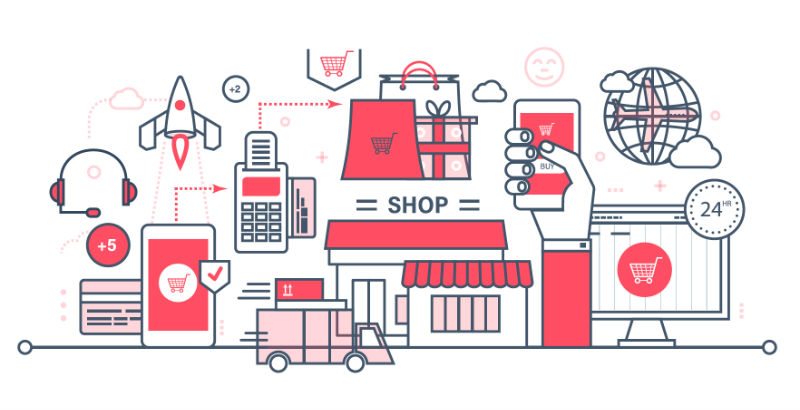
Retail Relevance
As preparations begin for another year, garden retailers are tasked with taking an honest assessment of the past season. From profits to losses; fast- turning inventory to what’s left on the benches; employees that excelled to those that dragged — everything is fair game when it comes to planning for next year’s season.
For mainstream, mass retailers like Macy’s, JCPenney and Sears, 2017 has not been a stellar year, and they’ve made decisions to close locations, lay off workers and re-strategize the relevance of their brands. Many, like The Wall Street Journal and S&P Global Market Intelligence, have essentially hailed this year as a terrible year for retailers and as a sign of more disappointments to come.
Where does that leave garden retail?
Are Macy’s, JCPenney and Sears’ shortcomings, in the eyes of consumers, harbingers of doom for independent garden retailers? Hardly.
According to experts such as the National Retail Federation, Retail Systems Research and TimeTrade, there are data and survey results that promise opportunities for retailers to thrive.
Independent garden retailers possess an arsenal of advantages, including technology, convenience and experience to remain relevant and important.
Technology — An Asset, Not a Threat
In its 2017 report, TimeTrade CEO Gary Ambrosino explains, “Instead of telling customers how, when and where to shop, retail stores are catering to their customers’ individual shopping requirements — the shopper is in charge, and retailers must adapt.”
Perhaps no one has led this trend of adaptation as quickly or as largely as Amazon. As millennial purchasers continue to increase their buying power, there is, of course, a natural gravitation to purchasing online — a retail experience just as familiar to them as visiting physical stores.
Garden retailers only have to look at Amazon’s sales in tools and home improvement — 35 percent growth on Amazon compared to the U.S. domestic market’s 6 percent total growth — to see that plants and plant-related products could face similar market disruption by online retailers who have capitalized on technology to provide a convenient shopping experience.
Sid Raisch, president and CEO of Bower & Branch as well as CEO of Horticultural Advantage, echoes the importance of garden retailers strengthening their online presence, “Customers — nearly all of them — are shopping online already and expecting to buy anything there that they can find to buy there. Offering information on your website and not connecting the dots to offer a way to buy is as silly of a notion today as having a store and not having a cash register.”
Raisch goes on to give some practical advice for garden retailers, “If someone has a website with no e-commerce at all, they should get started now. Choose a platform to work from and sign up and get started. If you’re able to do business now without it, that doesn’t mean you’ll be able to do without in the future. Gaining experience is the first investment to make, and that’s only done by actually starting something.
“If someone has already started e-commerce, that is good. Now is a great time to stand back and really look at where you are and where you are going with it. It may be time already to start over, more intelligently.”
Convenience — Key to Happy, Committed Customers
Having a stellar online presence and e-commerce are only pieces of the relevancy puzzle.
For the retailers perplexed by the feasibility of shipping plants, there are other options to marry technology with brick-and-mortar locations.
Take a look at Kroger ClickList and similar programs at a number of chain grocery stores. ClickList allows shoppers to shop online for their entire order, including meat and produce.
Shoppers can “purchase” their grocery cart, select a time for pick-up, and complete a task that’s an inconvenience otherwise. In fact, one Kroger ClickList review raves, “Wonderful, efficient and an amazing time saver! Just what a full-time, working mom needs!”
Those working moms just happen to be a core customer for garden retailers, too.
How can garden retailers implement a similar idea? Online shopping might be convenient, but it’s not often coupled with instant gratification.
Garden retailers have the opportunity to shorten the online shopping gratification window by creating similar “ClickList” programs that allow their busy customers to purchase the plants and products they want at lunch and swing by and grab them on their way home.
By allowing your customers to see what you have available online and to fill their virtual carts, showing them the friendly staff person who will put together their order for a personal touch, and having it ready for them to pick up, you would be providing convenience and an opportunity to connect in a new and efficient way.
Retailers could even take it one step further to offer Pinterest-style “recipes” online for flowerbeds, containers and more to allow their customers a one-click option to purchase the entire package.
A program like this would not only keep customers “returning” to your store via an online presence, but it would keep them engaged, keep them purchasing and keep your business as their most attractive option for convenience, customer service and results. (You don’t see Home Depot offering this same service yet, do you?)
Experience — What Only You Can Provide
There may be a few glorious moments every spring where you have an opportunity to take a step back and truly enjoy all of your efforts. From the first plug and seed order, to the sowing and the sticking, to the potting and planting, watering and staging — it all comes together in an awe-inspiring display of color, texture, variability and wonder.
That is your consumer’s perspective. And that is the experience that is uniquely yours to provide.
Retailers can remain relevant by providing this beauty and authenticity and by allowing their customers to experience it in ways beyond the traditional shopping experience, such as:
• (Prom, Graduation, Homecoming) Night Special: Offer your garden center as a location for prom, graduation or homecoming pictures an hour just before or after closing. For a small fee or with a purchase, couples and their parents can sign up to take pictures among a backdrop that goes beyond a restaurant’s front steps for a truly memorable — and unique — experience. Plus those photos all get shared on social media, which is valuable “word of mouth” marketing for you.
• “Dog Days of Summer” training days: Host a dog training workshop during the slower months at your location. One of the keys to training a dog well is to do it in as many different environments as possible. Your garden center could offer a new environment for training, you can reinforce your dog- friendly policy, and for those of you with pet merchandise, you’re likely to make some sales. Find a popular dog trainer in your area and see if you can’t work out a deal!
• Preferred Customer Happy Hour: Reward your loyal customers with their own “happy hour” where they have first dibs on new plants and inventory and can shop an hour earlier than everyone else. You can charge a fee for customers to be a part of this “club” and include additional services such as one-on-one gardening help and advice, container planting and more. Just be sure that your fee matches the huge value you’re offering! Extra-quality attention, care, service and products are worth paying for — but only if you make them available.
To have relevance means to be “closely connected.” It stems from the Latin relevare, which means to “lighten” or “lessen.” And in those short definitions alone, retailers have the key to weathering anything and building customer loyalty.
Stay close to your customers — know the major trends in their lives and what they deal with on a day-to-day basis. And lessen the commitment required from customers to have a relationship with your business.
After all, you’re providing more than products. You provide a service and an experience that opens a whole new world of experiencing the power of plants — from porch to plate, vase to landscape, and home to garden.

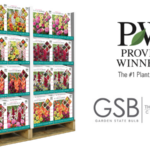

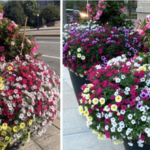

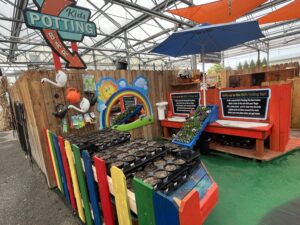
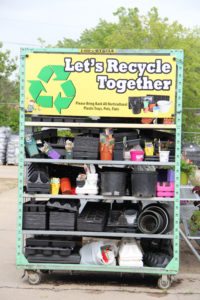

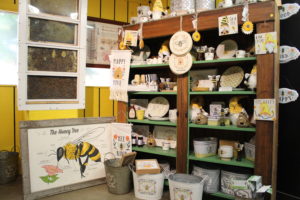
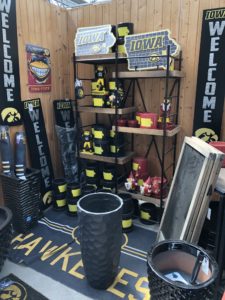
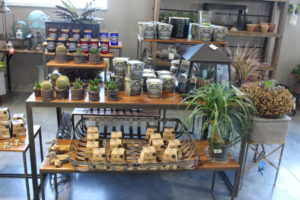
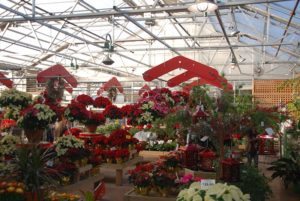


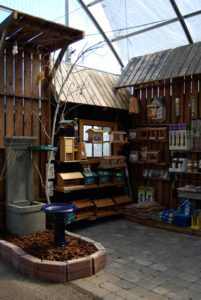
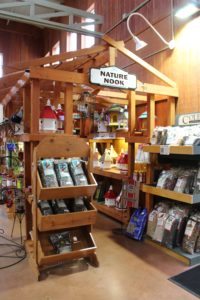
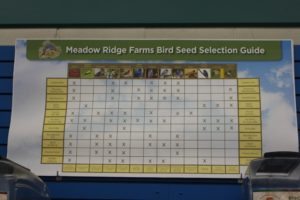
 Videos
Videos





